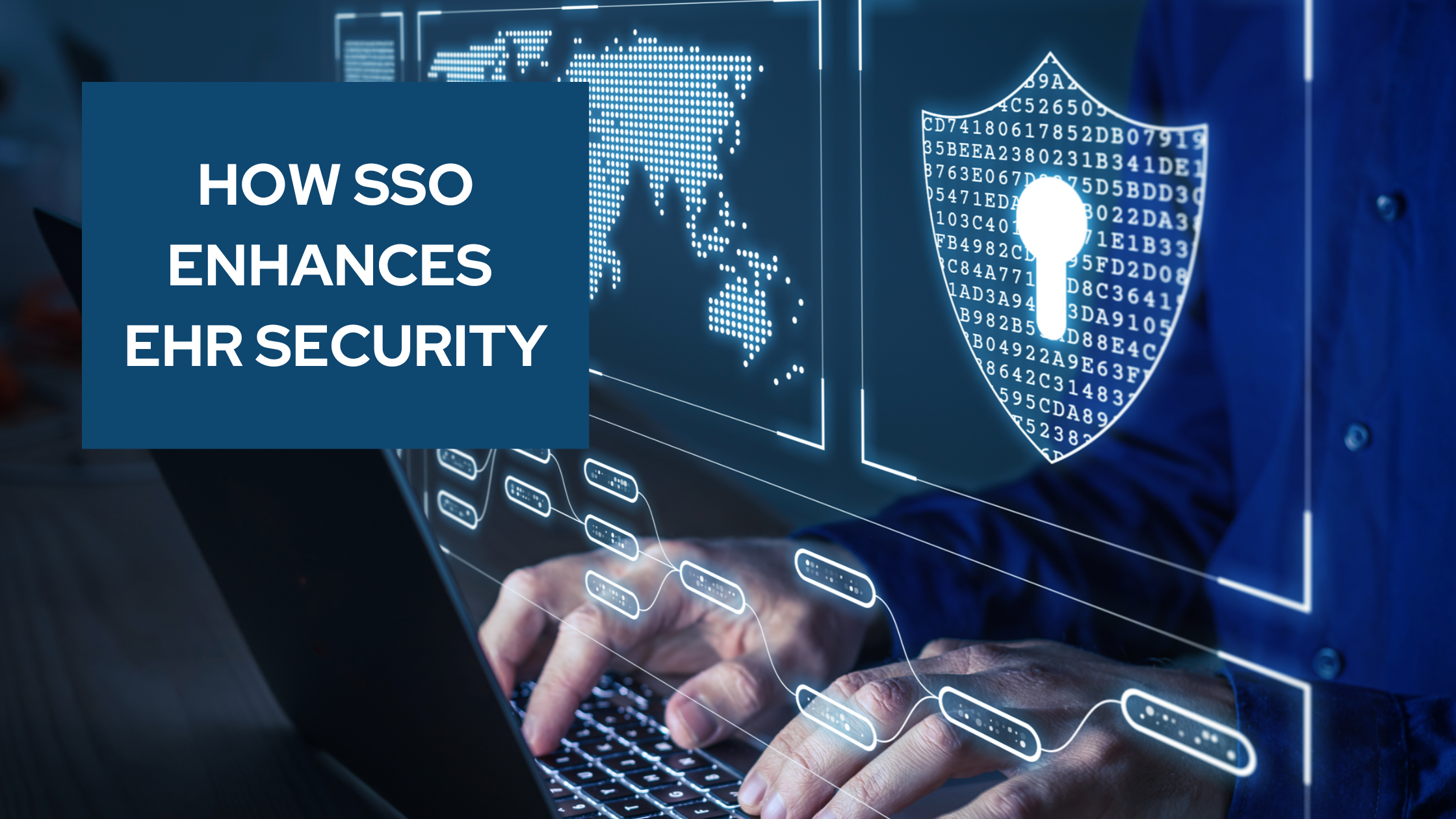In the increasingly digital landscape of healthcare, protecting electronic health record (EHR) data and ensuring robust EMR security from cyber threats is paramount. Data breaches and cyberattacks continue to target healthcare organizations, making comprehensive electronic health record security measures essential to safeguarding patient information. One proven strategy gaining traction for enhanced EHR security is the implementation of Single Sign-On (SSO) solutions to fortify electronic medical record (EMR) security and prevent unauthorized access.
Security in EHRs and EMRs: What is Single Sign-On (SSO) and How Does it Enhance Security?
Single Sign-On (SSO) is a powerful tool that strengthens both EHR and EMR security by allowing users to access multiple applications and systems with just one set of login credentials. This streamlines authentication while strengthening EMR security around sensitive protected health information (PHI), reducing the risk of unauthorized access. By consolidating authentication methods, SSO minimizes the risk of password-related vulnerabilities—like weak or reused passwords—and strengthens access controls across the entire healthcare organization’s digital ecosystem. For healthcare professionals who need to access multiple, various applications and systems throughout their workflow, SSO offers seamless access to electronic health record systems while maintaining stringent EHR security protocols.
Government Mandates and SSO Adoption for Enhanced EHR Security
As cybersecurity concerns continue to escalate across the public sector, federal, state, and local corrections and juvenile justice agencies are increasingly mandating the adoption of Single Sign-On (SSO) solutions for all software procurement, including EHRs. Recognizing the critical need to fortify digital security measures and protect sensitive EHR data from cyber threats, government entities are implementing stringent requirements to ensure robust authentication mechanisms.
By standardizing SSO across their digital infrastructure, agencies aim to streamline access management for EHR systems, mitigate the risk of unauthorized access to sensitive patient data, and enhance overall cybersecurity posture. This proactive approach underscores the government’s commitment to safeguarding sensitive information, including electronic medical records, and upholding the integrity and confidentiality of data entrusted to government entities at all levels.
Prioritizing EHR and EMR Security in the Digital Age
In an era marked by escalating cybersecurity threats, healthcare organizations must prioritize the implementation of robust security measures to safeguard EHR data against unauthorized access and data breaches. By leveraging Single Sign-On (SSO) technology, healthcare providers can bolster EHR and EMR security, streamline access management, and fortify their defenses against evolving cyber threats, ultimately ensuring the confidentiality, integrity, and availability of patient information in the digital age.
Other Useful Links
Learn about FusionEHR
Learn about Fusion’s Pharmacy Solutions
Schedule a Demo with Fusion
Send Us a Message

